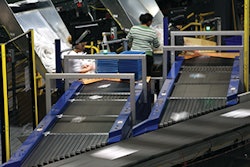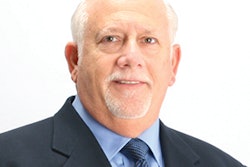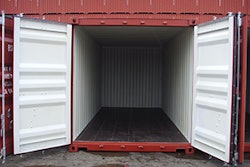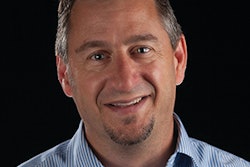Feb. 18--For some neighborhood coffee shops, finding the right beans takes a personal touch. It means visiting the farms where the beans are grown, shaking the farmer's hand and knowing the names of his kids.
Jacksonville coffee roasters are part of a budding movement to trace ingredients back to the growers.
As part of the buy-local movement, coffee roasters and coffee shop owners in the U.S. started buying beans from individual farms rather than large suppliers, said Peter Giuliano, senior director for the Specialty Coffee Association of America.
Customers were shirking chain operations for small coffee bars, which fit into ideals of caring for one's community. It stood to reason, Giuliano said, that consumers would also care about the people behind the coffee.
Once the buy-local movement permeated American food culture, distributors at farmers markets pinned photos of farmers on their booths and growers stamped Twitter handles onto their wares.
The shift for coffee started in the mid-2000s, when several flagship speciality roasters, such as Intelligentsia Coffee & Tea in Chicago and Stumptown Coffee Roasters in Portland, started carrying beans they could trace to specific co-ops or farmers.
"That's part of the value of recognizing the producer as an equally important part of the process as the roaster and the barista," Giuliano said.
He said there were two reasons to buy beans you could trace to the farmer: quality and ethics.
Sourcing from the farmers themselves made it possible to get coffee from the best quality growers directly, Giuliano said, but it also meant sacrificing price cuts. Coffee shops pass on those costs to coffee drinkers, who are willing to pay an extra $2 or $3 a cup if the experience is worth it.
The concept has steeped into coffee bars across the country.
Bold Bean Coffee Roasters and Martin Coffee, both of Jacksonville, sell types of traceable beans.
"It's a trend in the entire industry. There's more care being put into everything," said Zack Burnett, operations manager for Bold Bean Coffee Roasters.
They sell a Colombian coffee grown by the Herrera family on their 40-year-old farm, which doubles as a schoolhouse for farmworkers' children. There's also a Guatemalan coffee grown by two sisters, Rosa Marina and Hilda Mexicanos Zamora, on their fourth-generation farm.
Ben Johnson, president of Jacksonville-based Martin Coffee, said sales from one type of Honduran bean help support an orphanage there.
Burnett said customers appreciate having a personal connection to their product.
"It brings the consumer into the process more," he said. "It's not treated as a commodity."
Meredith Rutland: (904) 359-4161
Copyright 2014 - The Florida Times-Union, Jacksonville

















